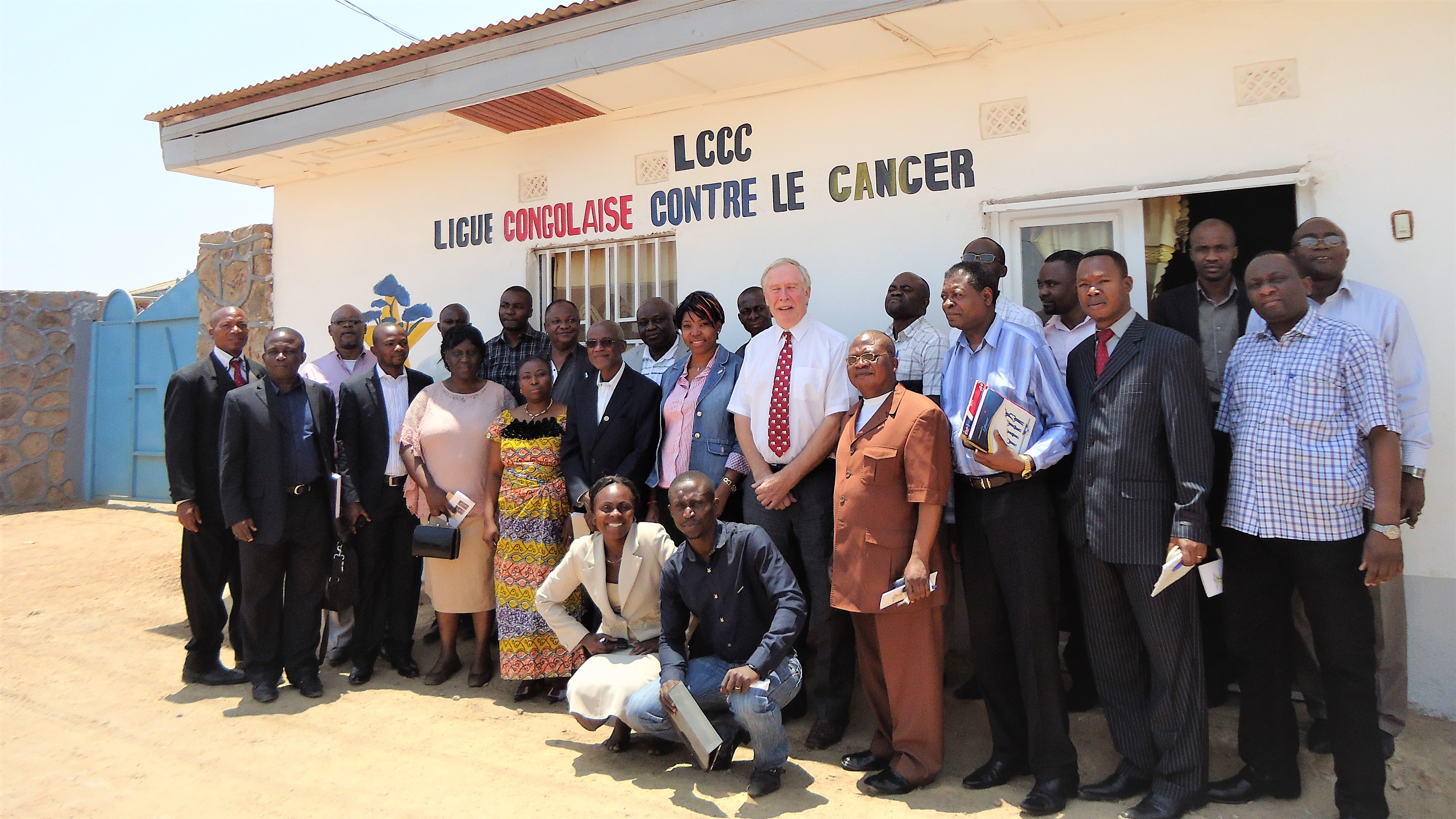Leaders within each country are best positioned to know what is needed. The GICR is designed to provide decision-makers with the information to act. This involves working directly with national partners to assess local cancer data, develop quality improvement plans, and build linkages with the cancer control community in developing national plans.
The growth in the cancer burden is set to accelerate, with a projected increase of 60% by 2030. Low- and middle-income countries will experience the largest growth in the number of new cases, but most of these countries currently lack the necessary infrastructure to provide basic treatment. The GICR is empowering leaders with the technical support to address these challenges through improved cancer surveillance that targets priority cancer control actions.
Partnerships are a foundation of the GICR. At every level - international, regional, and national - groups and individuals are needed to help achieve success. The GICR framework provides the overall direction, with flexibility for local decision-making.
As an organization, IARC values scientific evidence. Reference and educational materials produced by the GICR will be based on international standards and peer-reviewed scientific publications. Working with the International Association of Cancer Registries (IACR) ensures that registries learn about established standards during GICR-led training and support activities.
To examine the efficiency and effectiveness of solutions, a Results-Based Management and Accountability Framework has been developed. Key components include a performance measurement strategy to track progress through key indicators, measure outcomes, manage finances, learn, and make adjustments to improve results on an ongoing basis.


